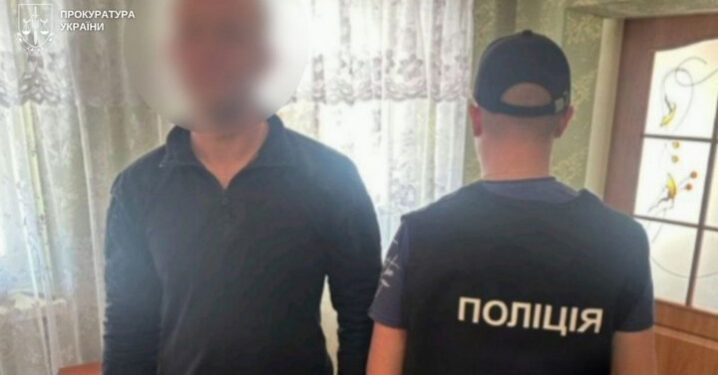In Suceava County (the Romanian part of Bukovina), a former policeman from Sokyriany district organized a scheme to sell counterfeit driver’s licenses with holographic security features. He recruited clients online, offering a “full package” of categories for 500 euros—production took 3–4 weeks, with remote payments and no in-person meetings. The fakes looked perfect but weren’t listed in official databases.
The scheme surfaced when he offered “help” to an acquaintance for a job in trucking. Romania’s National Anti-Corruption Directorate (DNA) quickly traced it: undercover agents recorded the deal, conducted searches, and arrested the organizer and accomplice on the same day. Not a single fake document made it into circulation—the entire batch was confiscated.
Unlike typical “lawlessness” where such cases drag on for months, Romanian authorities acted lightning-fast: the ex-cop was fired, charged under articles for document forgery and distribution (similar to Articles 199 and 358 of the Ukrainian Criminal Code), faces up to 10 years in prison with confiscation. The accomplice is in a separate case. Experts praise: “In Romania, corruption in law enforcement is strangled immediately, with no chance of recurrence.”








